“Since launch, we have consistently met our daily target numbers for installations and anticipate the number of residents interested in signing up for Kinetic to continue to grow,” Brooks said in an emailed statement. “We are very pleased with how Kinetic has been received in Lincoln.”
 Stop the Cap! will formally participate in New York State’s regulator review of the proposed merger of Charter Communications and Time Warner Cable.
Stop the Cap! will formally participate in New York State’s regulator review of the proposed merger of Charter Communications and Time Warner Cable.
“We will be submitting documents and testimony to the New York State Department of Public Service on behalf of consumers across the state that need a better deal from their cable company,” said Phillip Dampier, the group’s president. “A review of the current proposal from Charter is inadequate for New York ratepayers and most of Charter’s commitments for better service and lower prices expire after just three short years.”
Stop the Cap! will urge regulators to insist on significant changes to Charter’s proposal that will permanently guarantee a broadband future with no compulsory usage caps/usage-based billing, Net Neutrality adherence, affordable broadband to combat the digital divide, and upgrades that deliver faster broadband than what Charter currently proposes outside of New York City.

Dampier
“Upstate New York is at serious risk of falling dramatically behind other areas where Google Fiber and other providers are moving towards a gigabit broadband future,” Dampier said. “In most of Buffalo, Rochester, Syracuse, Binghamton, and Albany buying the FCC’s definition of broadband means calling a cable company that now delivers no better than 50Mbps to residential customers. Verizon FiOS expansion is dead and obsolete/slow DSL from Frontier and Verizon should have been scrapped years ago.”
Stop the Cap! worries that with limited prospects for a major new competitor like Google in Upstate New York, broadband speeds and service will not keep up with other states. Verizon has devoted most of its financial resources to expanding its wireless mobile network, which is too expensive to use as a home broadband replacement. Frontier claims to be investing millions in its networks, but has delivered only incremental improvements to their DSL service, which in most areas is still too slow to qualify as broadband.
“Frontier is more interested in acquisitions these days, not upgrades,” Dampier argued.
“Although we have some entrepreneurs managing to deliver competitive fiber service in limited areas, it will likely take years before they will reach most customers,” Dampier added. “Upstate New York cannot wait that long.”


 Subscribe
Subscribe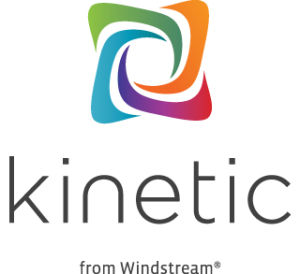 If Windstream was hoping to make a splash with its new Kinetic IPTV service, Time Warner Cable certainly isn’t reaching for a towel.
If Windstream was hoping to make a splash with its new Kinetic IPTV service, Time Warner Cable certainly isn’t reaching for a towel. Ryan Pryor said he inquired about Kinetic, but the price quoted was slightly more than what he now pays for a similar bundle with Time Warner and would have offered a slower Internet speed. So he chose to stick with what he has.
Ryan Pryor said he inquired about Kinetic, but the price quoted was slightly more than what he now pays for a similar bundle with Time Warner and would have offered a slower Internet speed. So he chose to stick with what he has. Time Warner Cable customers in parts of the northeast have noticed their broadband speeds increased slightly over the last several days.
Time Warner Cable customers in parts of the northeast have noticed their broadband speeds increased slightly over the last several days.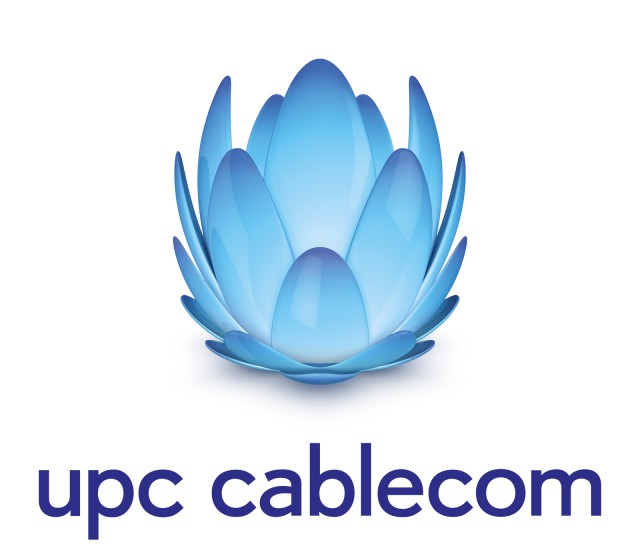 John Malone’s cable systems in Europe share little in common with what Americans get from their local cable company. In Switzerland, Liberty-owned UPC Cablecom charges $95 a month for 250/15Mbps service — a speed Charter Communications customers cannot buy at any price. Liberty is Charter’s biggest investor/partner. Later this month, Swiss cable customers will be able to buy 500Mbps from UPC. When implemented, that is expected to push Switzerland’s broadband speed rankings into the global top-10. Currently Switzerland is rated #11. The United States is #28 and Canada is ranked #34.
John Malone’s cable systems in Europe share little in common with what Americans get from their local cable company. In Switzerland, Liberty-owned UPC Cablecom charges $95 a month for 250/15Mbps service — a speed Charter Communications customers cannot buy at any price. Liberty is Charter’s biggest investor/partner. Later this month, Swiss cable customers will be able to buy 500Mbps from UPC. When implemented, that is expected to push Switzerland’s broadband speed rankings into the global top-10. Currently Switzerland is rated #11. The United States is #28 and Canada is ranked #34.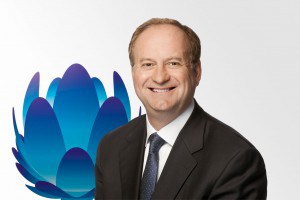
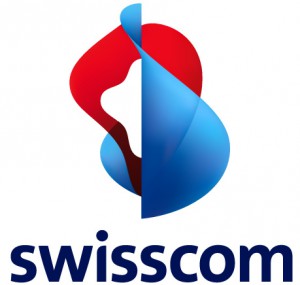 Some providers have promoted “cloud-based” on-demand access to video that Tveter says has been available from the cable company for several years.
Some providers have promoted “cloud-based” on-demand access to video that Tveter says has been available from the cable company for several years.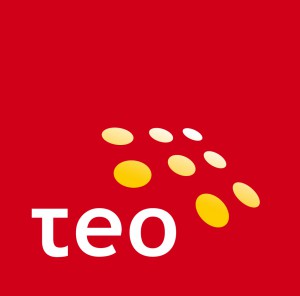 Customers of Lithuania’s Teo are getting a free speed upgrade — from 500Mbps before to 600Mbps now — on the company’s fiber to the home network. They are also paying less than half the price of what you pay for 15Mbps.
Customers of Lithuania’s Teo are getting a free speed upgrade — from 500Mbps before to 600Mbps now — on the company’s fiber to the home network. They are also paying less than half the price of what you pay for 15Mbps.